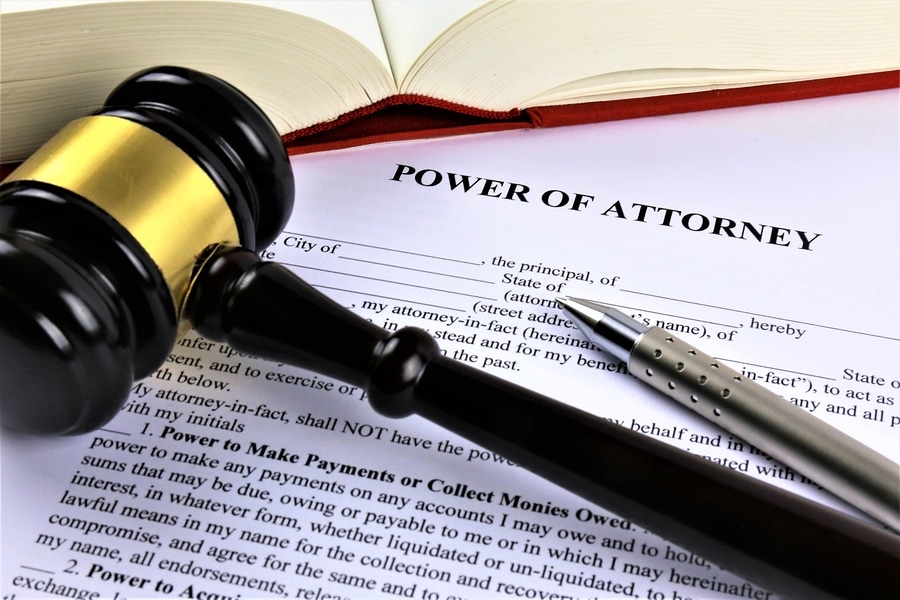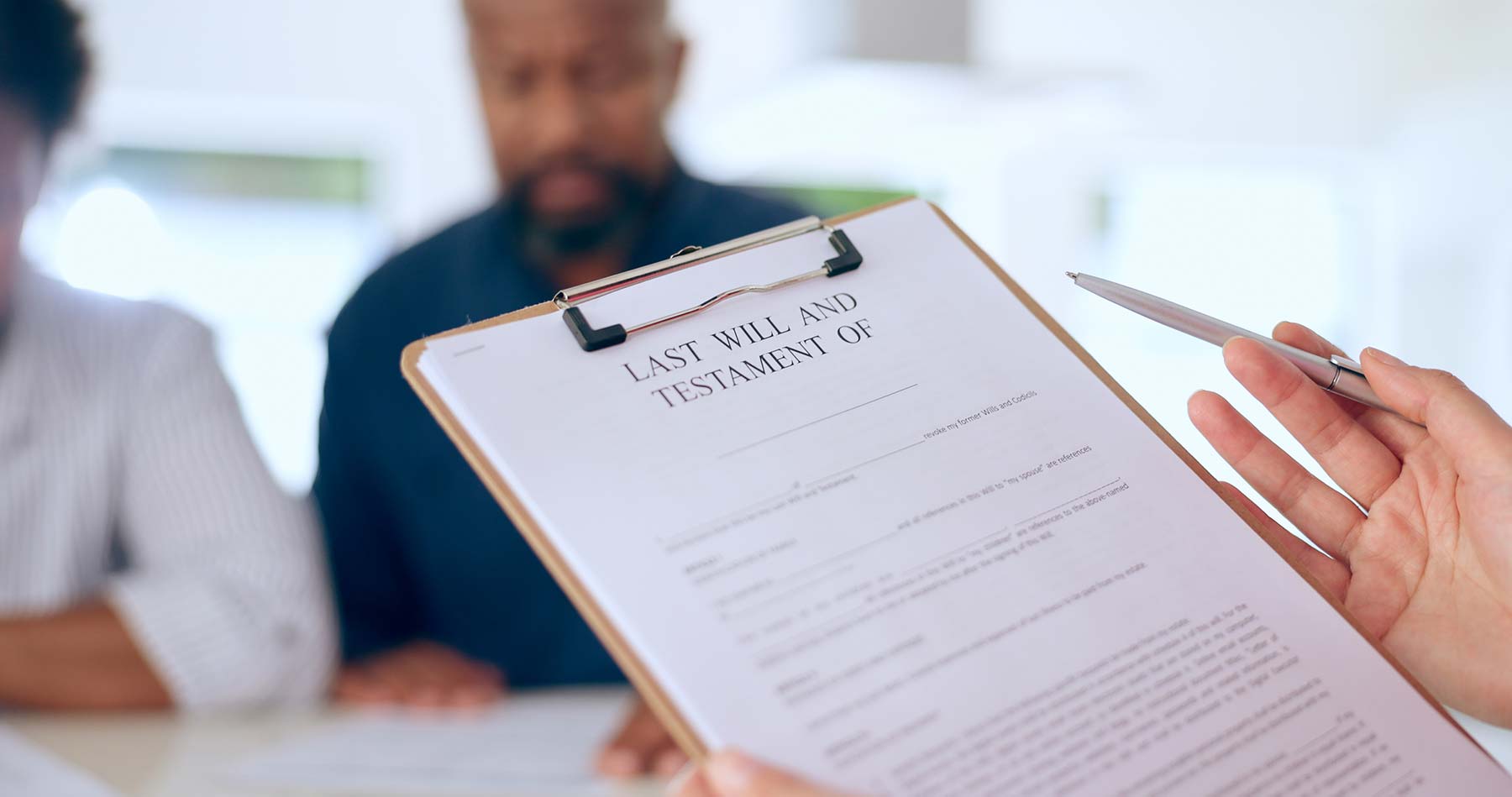An Enduring Power of Attorney is a legal document which authorises a person to make financial decisions on your behalf. This gives you peace of mind that someone you trust will be making these important decisions on your behalf if you are ever unable to make these decisions for yourself. These decisions include but are not limited to:
- taking money out of your bank account;
- paying your bills;
- selling or purchasing property;
- managing shares or other assets; and
- signing legal documents, leases, and mortgages.
This document is different from an Enduring Guardianship as with this document financial decisions can be made. If the person you appoint becomes unsuitable for whatever reason you can revoke the Power of Attorney at any time, provided you can understand the implications of this decision.
The most important decision you must make is who you appoint as your Enduring Power of Attorney. You must completely trust the person you appoint to act in your best interest. If you don’t wish to give them full control of your finances and assets you can specify the scope of authority that the Attorney will have. The Enduring Power of Attorney cannot make medical or lifestyle decisions unless they are also appointed as your Enduring Guardian.
If you appoint more than one Enduring Power of Attorney you must decide if they are to act either:
- Jointly – all appointed attorneys must sign all documents; or
- Jointly and severally – each appointed attorney can act separately from the other attorneys.
An Enduring Power of Attorney continues to operate even after you lose the capacity to make decisions for yourself. Your Enduring Power of Attorney appointment ends on your death and your Will then becomes active.
For certain transactions, your Enduring Power of Attorney may need to be registered at the Land and Property Information NSW (LPI) and a registration fee applies.
Common Questions Answered of enduring power of attorney
Why have a Power of Attorney?
If you are unable to make such decisions, your assets are essentially frozen. You can ensure your financial security by nominating an Attorney.
Can I appoint more than one Power of Attorney?
You can choose one or multiple Attorneys. You can also decide whether they act jointly, individually or a combination of both.
What Decisions can my Power of Attorney make on my behalf?
An Attorney cannot make lifestyle or medical decisions, only an Enduring Guardian can make these decisions on your behalf.The Power of Attorney deals with matters concerning your finances and assets, however you can specify the scope of authority which the Attorney will have.
Who Should l appoint as my Power of Attorney?
Your Attorney should be someone over the age of 18 that you can 100% trust to take care of your financial affairs and act in your best interest. You can choose whoever you like to fulfill this role but please choose wisely.
Are your prices fixed?
Our prices are fixed for standard Estate planning packs. If your requirements are not standard, during the initial consultation we will assess your requirements in detail and advise the costs.
Are there any ongoing costs?
No
When does the Attorney’s power start and finish?
You can choose when the Attorney’s power is going to start or finish. The power is conferred when the document is signed if you do not designate when the power is to commence. An Enduring Power of Attorney continues to operate even after you lose the capacity to make decisions for yourself. Your Enduring Power of Attorney appointment ends on your death and your Will then becomes active.
At Hunter Legal & Conveyancing our experienced Solicitors will give you the best possible advice by assessing your situation to ensure your financial affairs are managed according to your wishes if you no longer have the capacity to do this yourself. Contact us today for all your Estate Planning needs.




